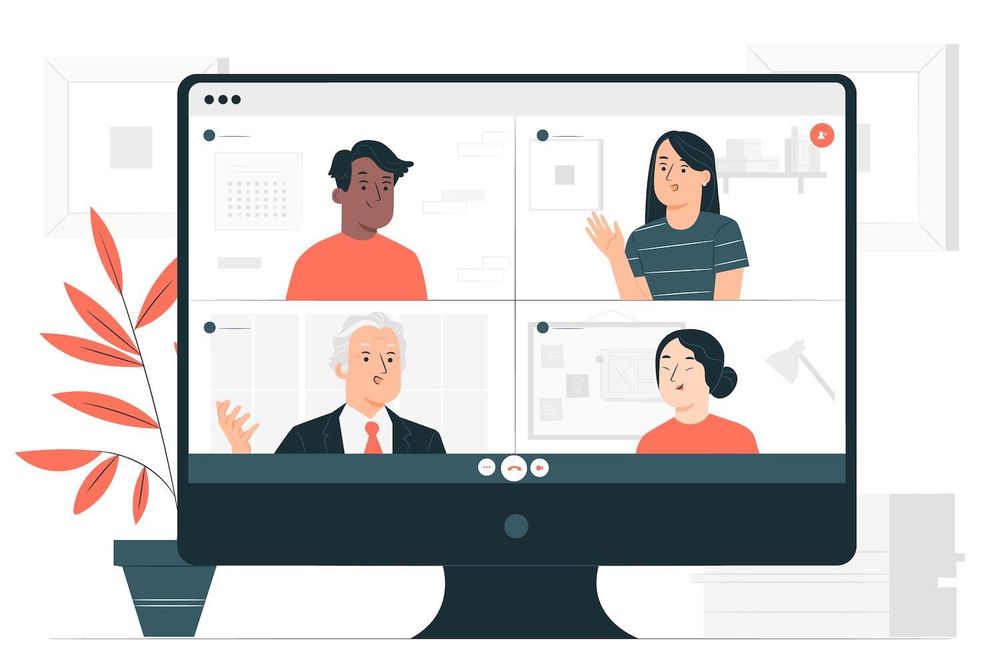Does the plan of Epic has in mind to do with App Stores What other game developers Really Need? -
While mobile game and application developers scream for air in the face of the duopoly tax of 30% that players pay on nearly all mobile game revenues worldwide, Epic Games has emerged as the most prominent gaming firm that is fighting to open-source computing on mobile.
In private, large as well as small-sized studios alike which characteristics they wanted to find, and here is what they said to look at.
Background Information Slow Decline of Open Computing, and the tax of 30% on apps
The world of computing is never more open as it is today. Historically games and software creators were dependent on the free computing on PC and Mac platforms, allowing the developers to create titles however they see best, maintain an intimate relationship with the players and choose payment options which work best for their users. There were no gatekeepers. It was just a computer an individual player as well as a game. It's a different world now.
At present, over half of the time spent on screens for computing is accessed via smartphones -- increasing the percentage of screen time. In the last few years. In addition, nearly 100% of the market for mobile OS is split between Apple and Google. Because of this dominance of mobile-based market share as well as restrictive controls regarding the distribution of games as well as internet-based commerce, the world that is open to computing has been now in danger more than ever before. This is causing a huge cost to consumers as well as game and app developers.
In this case it is the case that both Google and the Apple app stores require a 30% cost for sales of games and products in games that they distribute through their platforms. Apple controls 100% of the distribution of games and ecommerce for iOS devices. Google permits OEM marketplace applications and sideloading of mobile games, however, it severely limits payments made by third parties in games distributed through Google Play.
Google Play does offer a third-party payment integration service to a select few game developers by way of"user option billing. " user choice billing" pilot but "user option billing" has a pricey annual marketplace fees that range from 26% up to 36% even when you use your own payment processor and take on all risks and liabilities for payments.
The outcome of Apple and Google's dominance over a significant portion of computing worldwide is that they have a default 30 percent tax for mobile games and apps. The tax is paid by users, but which is ignored by game developers games and hampers free computing as well as e-commerce. Because of this is a major issue on open computing, both gamers large and small believe that something must change.
What are the Games Designers who aren't Epic?
Our team at commenced in an extended search of couple of months to talk with game companies large and small about the things they'd like to see happen in rules for mobile apps. While not everyone agreed about every aspect but these three are the most important things they told them they would like to see:
1. iOS to support sideloading games with no scare screens.
iOS has a limitation on long-time usage to "sideloading" apps and games that are sideloaded when apps downloaded outside the App Store from the website of the developer or from a alternative market. This feature permits gamers to purchase and users to distribute and sell games however the developer sees fit and that the user agrees to go alongside. Android supports sideloading for applications and games but using cumbersome, nastier warnings called "scare screens" that inform mobile phone users of the risks of "downloading software from on the web." A majority of game designers who we talked to believed that Apple would be a good partner for sideloading. it's important to ensure to note that Apple along with Google should not use the exaggerated self-serving screens, which discredit applications' distribution outside of their stores to download apps.
2. The option to permit unrestricted "steering" and embedding payment via third-party payment platform.
Both Google as well as Apple have strict restrictions regarding the purchase and pricing alternatives provided by third party payment providers in addition to the app stores. Same item may be purchased at lower prices for the user, but game developers aren't allowed to steer their players to those alternative options, offer links to different purchase experiences, or integrate purchases from third party vendors within their games. Though many developers have seen the value of transactions made through apps, the most preference was to give users and developers to make their own choices to eliminate limitations on steering or embedded payment.
3. Zero fee on embedded and steering fees as well as embedded fees.
Giving embedded or steering payments is one thing, but like we've witnessed with the Google "user preferred billing" pilot, the ability to carry out something and also motivation to make money from doing these are two different aspects. The trial of "user choice billing" offers a staggering 26% cost for transactions made through third-party payment providers, combined with the fees those providers have to charge, it amounts to an increase of just $0 for the majority of game developers. The game developers we interviewed believed that 0% was the right cut for transactions outside the app store; however they were all in favour of some sort of payment for apps that would help in increasing the download and usage of games. But the cut rate of 26% for each transaction that is made by a third party far from what the game designers believed to be fair.
What's next?
While there are other subtle ideas about how application stores operate that developers want to have These three desires are the basis of what they believe would be a significant change in open computing on mobile devices.
About

David Nachman David is CEO of , a reputable complete-service partner in e-commerce for software firms. He's responsible for overseeing the company's expansion based on its already successful history of offering industry-leading e-commerce solutions to the ever-growing demand for software. Prior to and over the last twenty decades, David had held positions as functional vice presidents to CEO of high-growth companies including Vision, Velocify, and HireRight.
This post was posted on here
